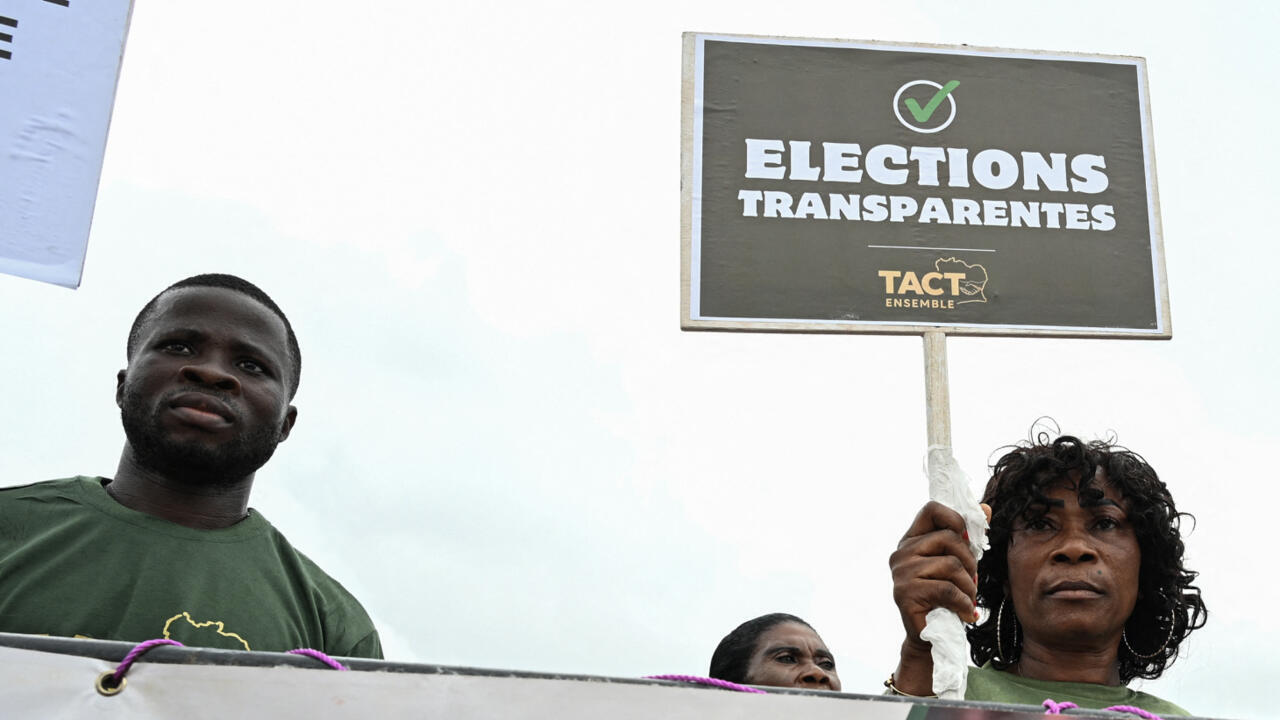
A confidential letter dated June 29, 2025, has shed light on mounting tensions and strategic disarray within Ivory coast’s opposition, less than four months before the country’s pivotal presidential election.
Addressed to former president and leader of the African Peoples Party Ivory coast (PPA-CI), Laurent Gbagbo, the six-page letter from senior party figure Ahoua Don Mello outlines a bleak assessment of the opposition’s current state and proposes a bold electoral strategy to confront the ruling regime.
“Comrade President, I have the honor to bring to your attention the following,” begins the document, setting a grave tone.
The author argues that the Ivorian opposition is at a “decisive turning point” in both national and global history, where the Global South is rising while the West’s influence wanes.
The letter criticizes the current government, led by President Alassane Ouattara, for economic mismanagement and an alleged disregard for constitutional rule.
It warns that unless the opposition unites behind a realistic and adaptive strategy, the regime will secure a renewed mandate — either through Ouattara himself or a successor.
“The two opposition heavyweights who have just formed an alliance have been shown the red card: You and Tidiane Thiam,” Don Mello writes, referring to disqualifications from candidacy, either through formal or informal pressure.
To bypass potential legal obstacles from the Constitutional Council, the author proposes an unprecedented “precautionary candidacy” plan — encouraging Gbagbo to allow several party members to submit parallel candidacies.
“These applications are not substitute applications for yours, but precautionary applications,” he notes, meant to hedge against disqualification and ensure the PPA-CI retains a presence on the ballot.
The document also warns against repeating the “empty chair” strategy of boycotting elections, which it says risks rendering the party irrelevant and excluding it from shaping Côte d’Ivoire’s political future.
In an ambitious conclusion, Don Mello proposes a “two-year civil transition” if the opposition wins, aimed at national reconciliation, justice for excluded leaders, and the establishment of a sovereign, democratic, and pan-Africanist state aligned with a new multipolar world order.
The letter’s publication, though unauthorized, reveals growing unease within the opposition about its prospects and cohesion.
With the October 12 vote fast approaching, it remains unclear whether Gbagbo and his allies will embrace this high-risk strategy — or whether internal fractures will once again undermine their chances at the ballot box.



